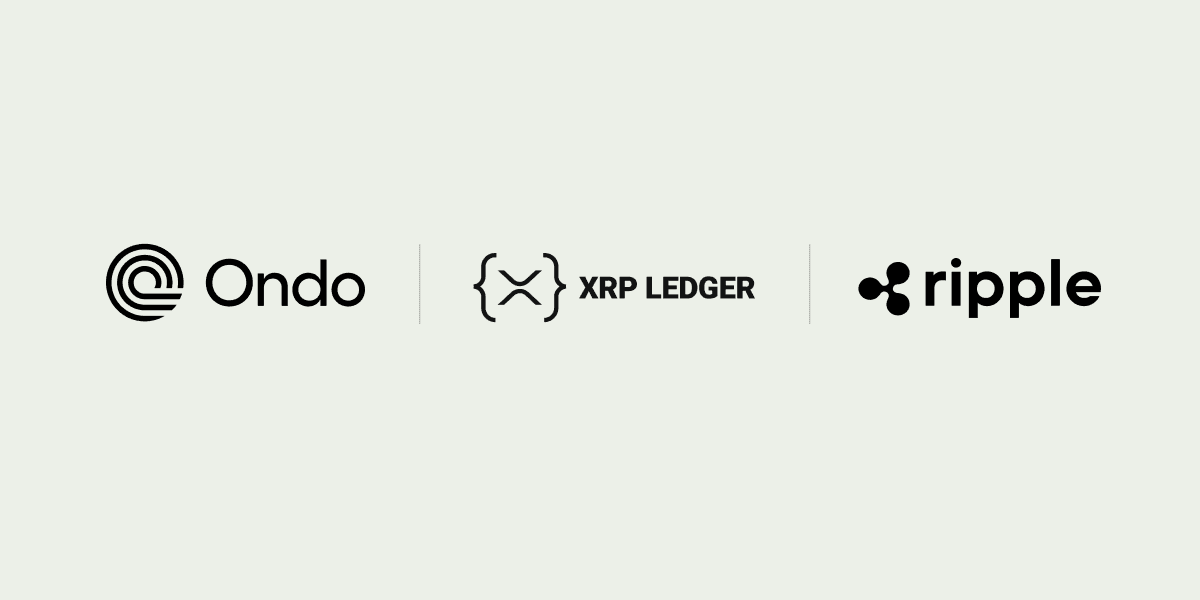As crypto adoption has grown outside of its niche demographic, traditional financial institutions are considering to, or beginning to, offer crypto. In tandem, crypto companies are beginning to offer services previously reserved to traditional financial institutions as a means of remaining competitive in this space.
The latticework seen in the convergence of TradFi and crypto is largely driven by each industry’s response to evolving customer demand. The customer has become accustomed to a convenient digital experience and has developed a propensity to seek out superior financial services from new providers.
In order to appeal to the expectations listed above, crypto companies are changing their user experience to generate engagement from less tech-savvy customers while traditional financial institutions are starting to look more like startups in terms of brand design and product offering.
Moreover, the crypto conversation is focusing on discussion of real-world use cases and strategies for incorporating digital assets to streamline business models. This is due to an improved understanding of benefits stemming from trust gained through proven, legitimate crypto solutions.
Financial players that don’t have the technical or capital resources to integrate crypto or those that tend to lean more risk-averse should not be excluded from reaping the benefits of this technology. Ripple’s Liquidity Hub will enable many different types of businesses to source a variety of digital assets at the best prices.
“Our conversations with financial institutions allude to an increasing appetite when it comes to testing crypto offerings and understanding how existing payment processes and flows can be improved through crypto primitives,” notes Sony Joseph, Ripple’s VP of Payments, in his latest article on the blending of once distinctly disparate industries.
Sony highlights different paths for financial institutions to incorporate crypto. One of these paths would require financial institutions to take on the burden of understanding, managing and resourcing crypto themselves.
Whereas the other path would enable financial institutions to leverage the expertise of firms well-versed in all things crypto to work as trusted partners—just as Ripple does through its crypto sourcing solution Ripple Liquidity Hub.
The years of experience and knowledge gained from partnering with financial institutions to enable streamlined payments using crypto solutions has Ripple well-positioned to help these same institutions source crypto with Liquidity Hub.
“We deeply understand the needs—and constraints—of financial institutions in unleashing the benefits of crypto to their end consumers,” explains Sony.
Streamlining financial services—and offering new financial services—through crypto solutions is morphing from a niche use case into a broader and more fundamental shift. Which firms will accelerate their business by taking full advantage of this opportunity, and which will operate under business as usual?
Don’t get left behind. Learn how Liquidity Hub can streamline and provide a competitive advantage for your business.







